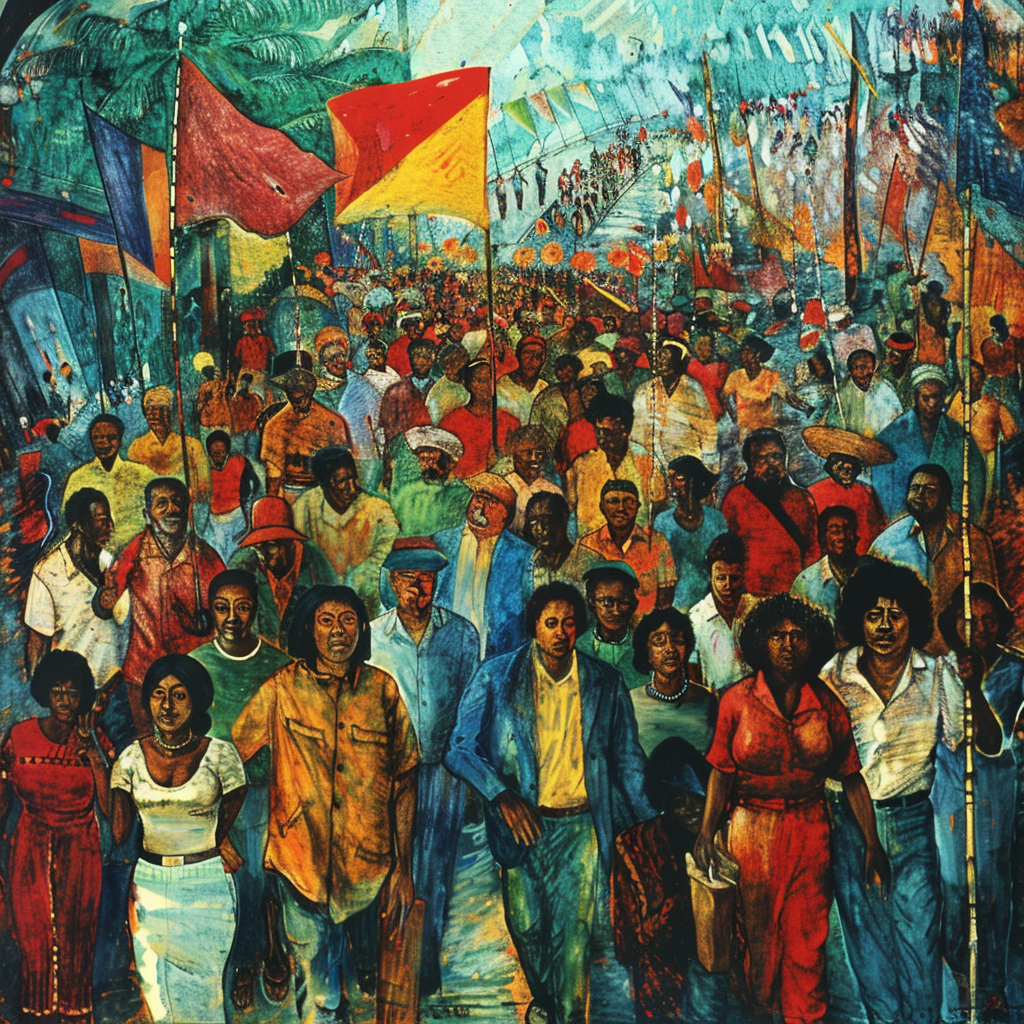Hey there, health enthusiasts! Today, we’re diving into the fascinating yet complex topic of healthcare and colonial medicine in Africa. Get ready to explore how the introduction of Western medicine and healthcare systems during colonial rule had both positive and negative impacts on public health and traditional healing practices.
The Arrival of Western Medicine
Imagine this: European colonizers arrive in Africa, armed not just with guns and swords, but with medicine and medical knowledge. They set up hospitals, clinics, and pharmacies, and start treating African patients using Western medical techniques and pharmaceuticals.
Positive Impacts
Now, let’s talk about the positives. Western medicine brought significant advancements to Africa’s healthcare systems. It introduced new treatments, diagnostic tools, and surgical techniques that saved countless lives. Diseases like smallpox, malaria, and tuberculosis were brought under control, leading to improvements in public health and life expectancy.
Negative Impacts
But it wasn’t all sunshine and rainbows. The introduction of Western medicine also had negative impacts on traditional healing practices. Indigenous healers and herbalists, who had been practicing medicine for centuries, were marginalized and sometimes even persecuted by colonial authorities. Traditional healing knowledge was dismissed as backward or superstitious, leading to a loss of cultural heritage and wisdom.
Challenges and Criticisms
There were also challenges and criticisms of colonial medicine. Some argued that it was primarily focused on serving the needs of colonial authorities and maintaining control over African populations, rather than promoting genuine health and well-being. Others pointed out the high cost of Western medical treatments, which often put them out of reach for many Africans.
The Legacy Lives On
Today, the legacy of colonial medicine still shapes healthcare systems in many African countries. Western medicine coexists alongside traditional healing practices, with patients often seeking treatment from both modern hospitals and indigenous healers. Efforts are underway to integrate the two approaches and promote a more holistic and culturally sensitive approach to healthcare.
So, as we reflect on the impact of colonial medicine in Africa, let’s recognize its complexities and contradictions. While Western medicine brought significant advancements and improvements to public health, it also had negative impacts on traditional healing practices and cultural heritage. Moving forward, it’s important to learn from the past and work towards a healthcare system that is inclusive, equitable, and respectful of diverse healing traditions.
Related Articles
- Decolonization Movements and Independence Struggles
- Religious Conversion and Indigenous Belief Systems
- Healthcare and Colonial Medicine
- Cultural Imperialism and Identity Struggles
- Colonial Borders and Ethnic Conflict
- Economic Exploitation and Resource Extraction
- The Legacy of Colonialism in Education
- Resistance to Colonial Rule
- The Scramble for Africa: Europe’s Greed
- The Impact of Colonialism on African Societies



